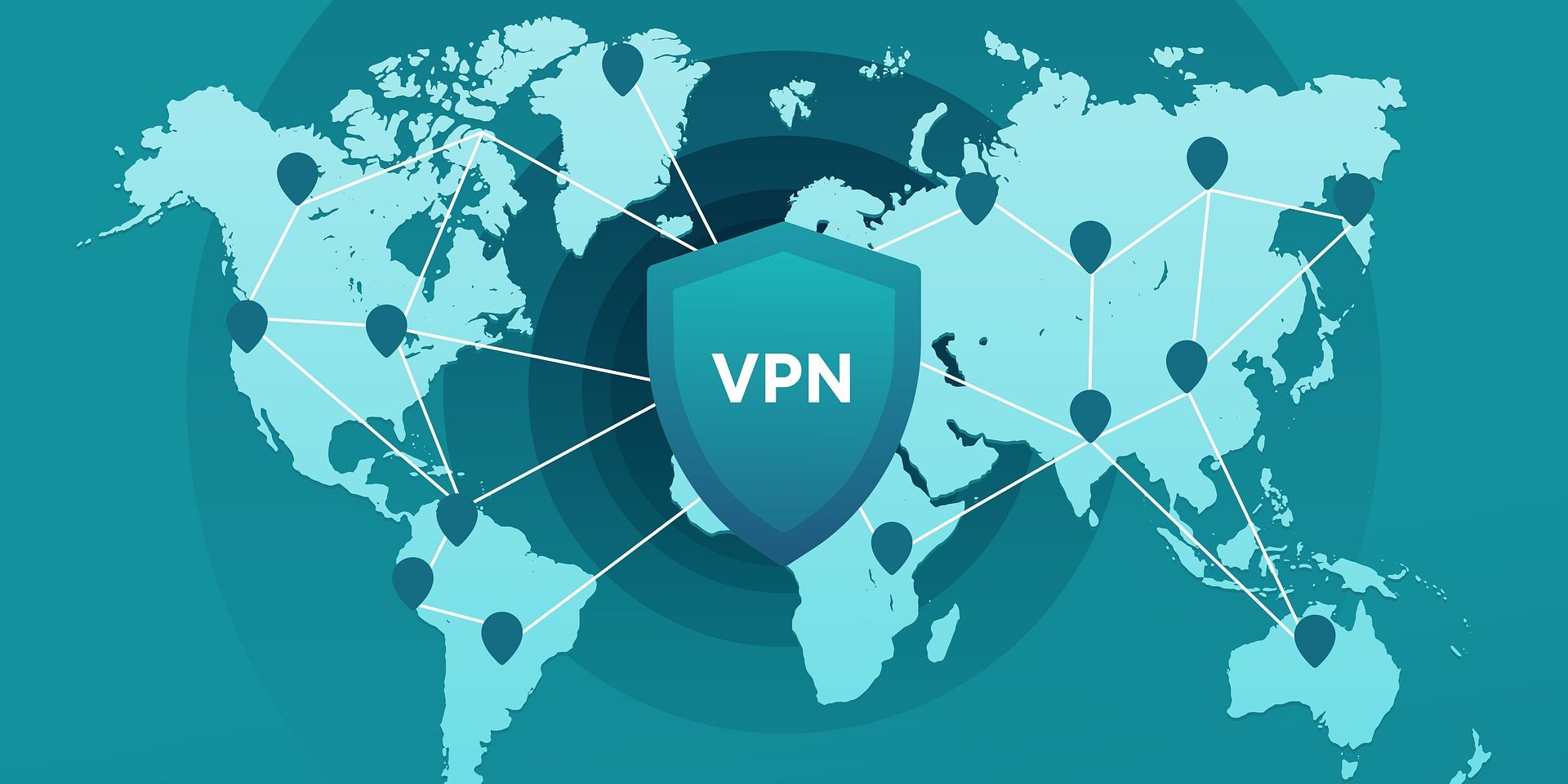 The websites, social media, messaging services, apps and cloud services you use and rely on every day in Europe and North America probably won’t work in China. In fact, it’s highly likely you’ll encounter problems unless you plan to use Chinese mainland services only, or invest in a VPN: a Virtual Private Network service that extends a private network across a public network to enable users like you to send and receive data. In other words, by subscribing to a VPN service, you tunnel through China’s restrictive internet, to access services from outside the country.
The websites, social media, messaging services, apps and cloud services you use and rely on every day in Europe and North America probably won’t work in China. In fact, it’s highly likely you’ll encounter problems unless you plan to use Chinese mainland services only, or invest in a VPN: a Virtual Private Network service that extends a private network across a public network to enable users like you to send and receive data. In other words, by subscribing to a VPN service, you tunnel through China’s restrictive internet, to access services from outside the country.
What is a VPN?
A VPN app connects you to a secure VPN server. Your internet traffic goes through an encrypted tunnel that nobody else can see into, thus protecting you from government bodies, hackers and your internet service provider. This keeps your online activity private and because you can change your IP location to ensure access to sites and services that might be restricted in countries like China.
When you open your VPN app or program, you can select a preferred country. The VPN server within your chosen country allows you to change the IP address that identifies your new location, therefore allowing you to access online services that might be restricted to just that region.
What Sites Do Not Work in China?
The list is non-exhaustive and ever-expanding, but common services that you might use day-to-day and that fall behind what is referred to as “The Great Firewall of China” include:
Social Media
- Facebook (and Messenger)
- Hootsuite
- Snapchat
Productivity Services
- Gmail
- Google Suite (Docs, Sheets and Pages)
- Google Search
- OneDrive
- Spotify
- Twitch
Websites
- BBC
- CNN
- New York Times
- Reuters
- Slack
- Wall Street Journal
- Wikipedia
- YouTube
- Which VPN to Use?
 Which VPN Works in China?
Which VPN Works in China?
There are a good number of VPNs available. This author is writing this using ExpressVPN from Wenzhou in China in late July 2001. Before arriving in China I did undertake research. There are a number of VPN apps that seem to be reliable and that gain higher ratings on comparison and review sites. These include NordVPN, Astrill and of course, ExpressVPN.
I opted for ExpressVPN because it was recommended by a travel ‘influencer’ who I imagined had a reputation that would be tarnished through online comments if they were not being truthful about the reliability of ExpressVPN. Their report on Express VPN was indeed truthful and reliable.
Obvious comment: Make sure you subscribe and download your VPN prior to entering mainland China. I subscribed the week before my flight and have been using ExpressVPN on my iPhone, iPad and Macbook Pro. It has allowed me access to all services that I use in the UK, and I especially rely on the Google Suite of products, all of which work perfectly for me. The connection is reliable and the speeds seem fast.
ExpressVPN: Recommended












